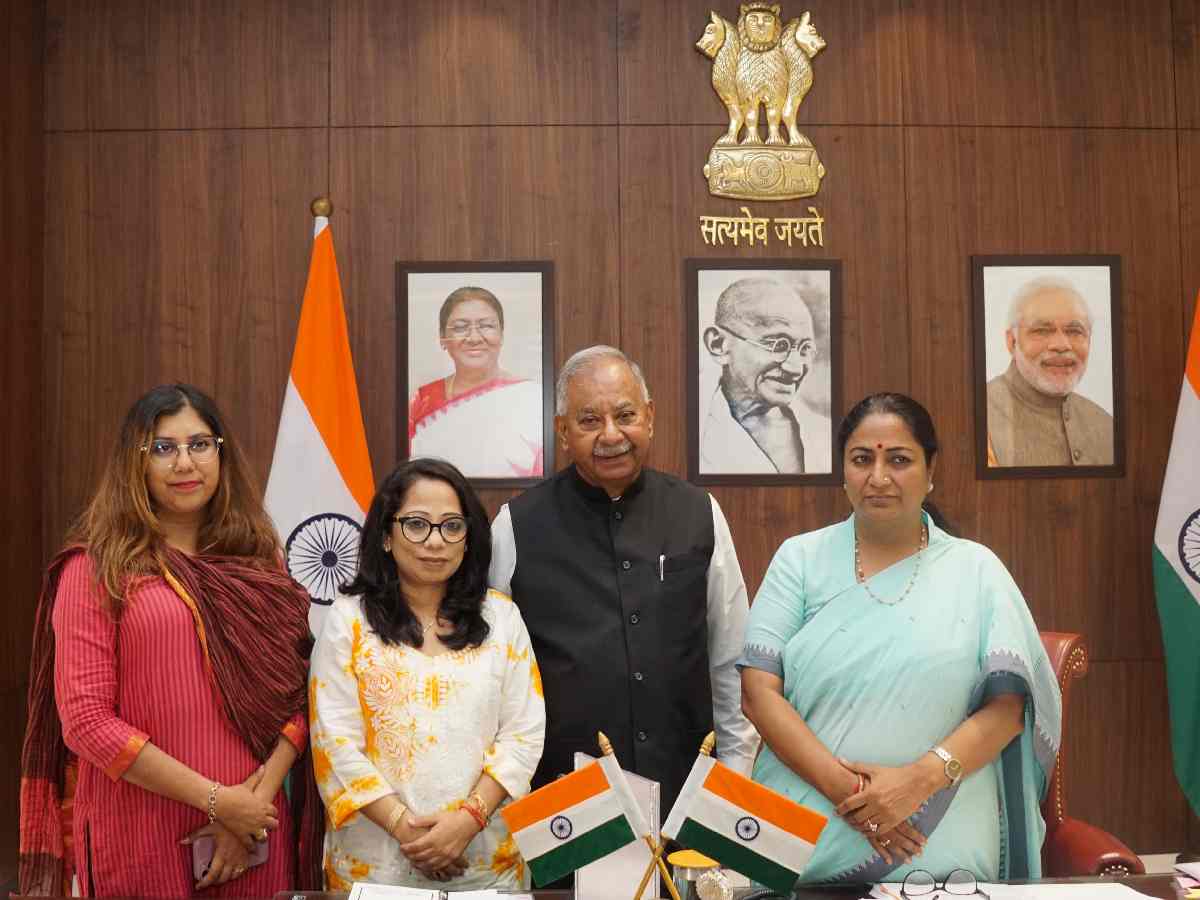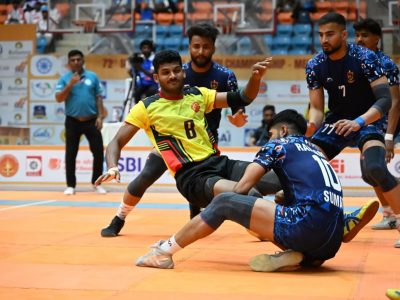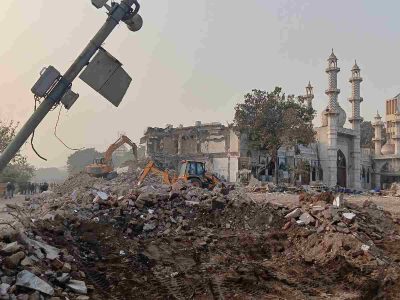World Thalassemia Day: Ahead of World Thalassemia Day on May 8, the Thalassemia Patients Advocacy Group (TPAG) on Wednesday urged Delhi Chief Minister Rekha Gupta to adopt a bold vision for a “Thalassemia Free Delhi by 2035.” The appeal was made during a meeting between TPAG representatives and the Chief Minister, where the group proposed a comprehensive city-wide campaign to tackle the genetic blood disorder.
During the discussion, TPAG outlined its strategy to combat Thalassemia through mass screening, sustained awareness drives, and stronger engagement across state-run and municipal hospitals, educational institutions, and community health centres.
Focus on awareness, early diagnosis, and prevention
The proposed campaign aims to raise public awareness, promote early diagnosis, and encourage preventive measures. TPAG emphasised the need for every citizen to be educated about the genetic nature of Thalassemia and the steps necessary to reduce its transmission.
Also read: World Asthma Day: India’s asthma crisis deepens despite treatability
The group also lauded the Delhi government’s initiative to implement Nucleic Acid Testing (NAT) for blood screening in public hospitals. TPAG called this a “game-changer,” as it significantly improves blood safety and reduces the risk of Transfusion-Transmitted Infections (TTIs) among Thalassemia patients.
TPAG’s representatives expressed optimism that this would mark the beginning of more such impactful interventions under the Delhi government’s broader commitment to “Collective Progress through Better Health.”
Call for long-term strategy and urgent drug access
Despite acknowledging progress, TPAG stressed that much more needs to be done to address Thalassemia at a systemic level. The group called for structured, long-term planning to eradicate the disease rather than merely manage it. It urged Chief Minister Gupta to set a clear pathway to achieve the 2035 goal.
One of the key concerns raised was the acute shortage of iron-chelating drugs essential for Thalassemia treatment. Of the over 2,500 Thalassemia patients in Delhi, nearly 1,000 depend on government hospitals for regular transfusions and treatment. TPAG flagged the scarcity of Desferal, a critical iron chelator used to manage the side effects of frequent transfusions.
The group requested the Chief Minister to instruct hospitals to procure Desferal via local purchase mechanisms to ensure uninterrupted availability.
Push for local manufacturing and blood donation drives
TPAG also recommended that the Delhi government consider inviting proposals to manufacture a generic version of Desferal domestically. This, it said, would help prevent future shortages and improve drug accessibility.
Another major concern was the shortage of blood, especially during the summer months. TPAG urged the government to launch a large-scale public campaign promoting voluntary blood donation. Such a movement, it argued, would help maintain a steady supply of blood for patients who rely on transfusions for survival.
TPAG believes that a government-backed awareness effort could encourage citizens to become regular blood donors, easing pressure on the healthcare system.
Also read: After life: Organs of 21-year-old brain-dead Delhi woman saves 5 lives
TPAG praises NAT rollout, urges further action
The meeting also saw TPAG emphasise the importance of public awareness and patient-specific care. Anubha Taneja Mukherjee, Member Secretary of TPAG, and Deepak Chopra, President of Thalassemics India, expressed gratitude for the implementation of NAT screening in government hospitals.
They underlined the need for sustained government efforts to address gaps in voluntary blood donation and drug availability, ensuring that patients receive tailored, timely care.
In response, the Chief Minister assured the representatives that their suggestions would be taken seriously. She promised to explore viable avenues to implement the “Thalassemia Free Delhi by 2035” vision.





